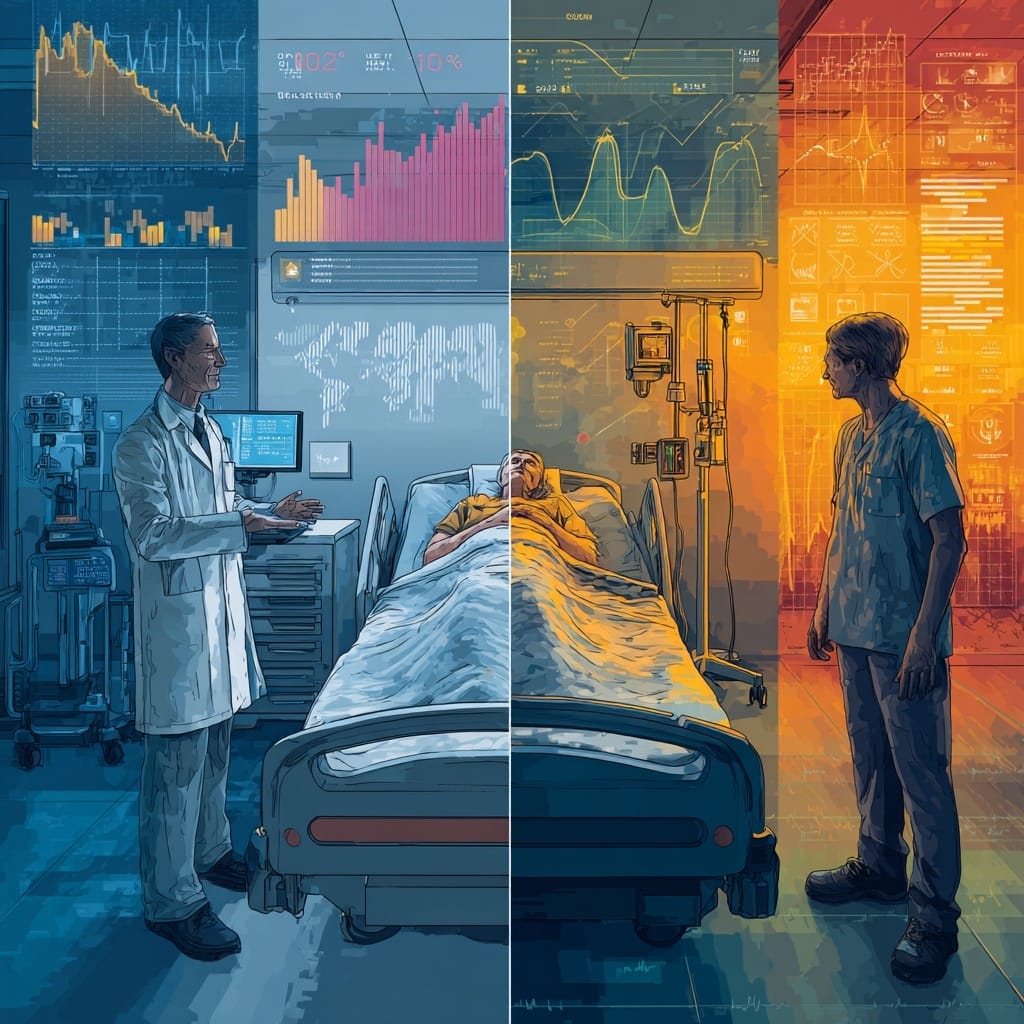Long-horizon disease predictions: are we ready for 20-year foresight?
What are long horizon disease predictions and what does it mean for modern medicine?

AI may forecast your health 10–20 years ahead — but can we make it meaningful?
I often ask: if your medical record could whisper your future disease risks two decades ahead, how would you listen?
Researchers are increasingly training AI on longitudinal EHR data to predict when certain diseases might appear — not just if. For example, a deep learning model recently projected the onset of dozens of chronic conditions based on past health data. (“Predicting disease onset from electronic health records” (Frontiers) — https://www.frontiersin.org/articles/10.3389/frai.2023.1287541/full)
This matters because it shifts care from reacting to detecting early windows of change. But I carry a skepticism born of lived experience: will these forecasts respect individual variability, racial and social equity, and the fact that lives don’t always follow patterns?
For patients, it’s deeply human: the difference between hearing “probably” vs “we’ll catch it before it starts.” For clinicians and health systems, it’s a design challenge — making these models actionable, explainable, and trustworthy.
If you were a patient and your AI told you you had a 60% chance of condition X by year 15, how would you want it communicated?